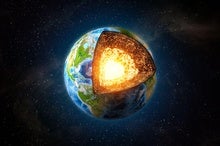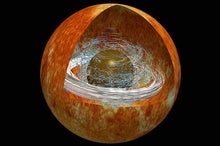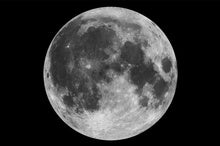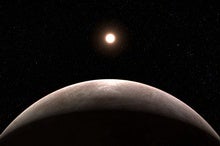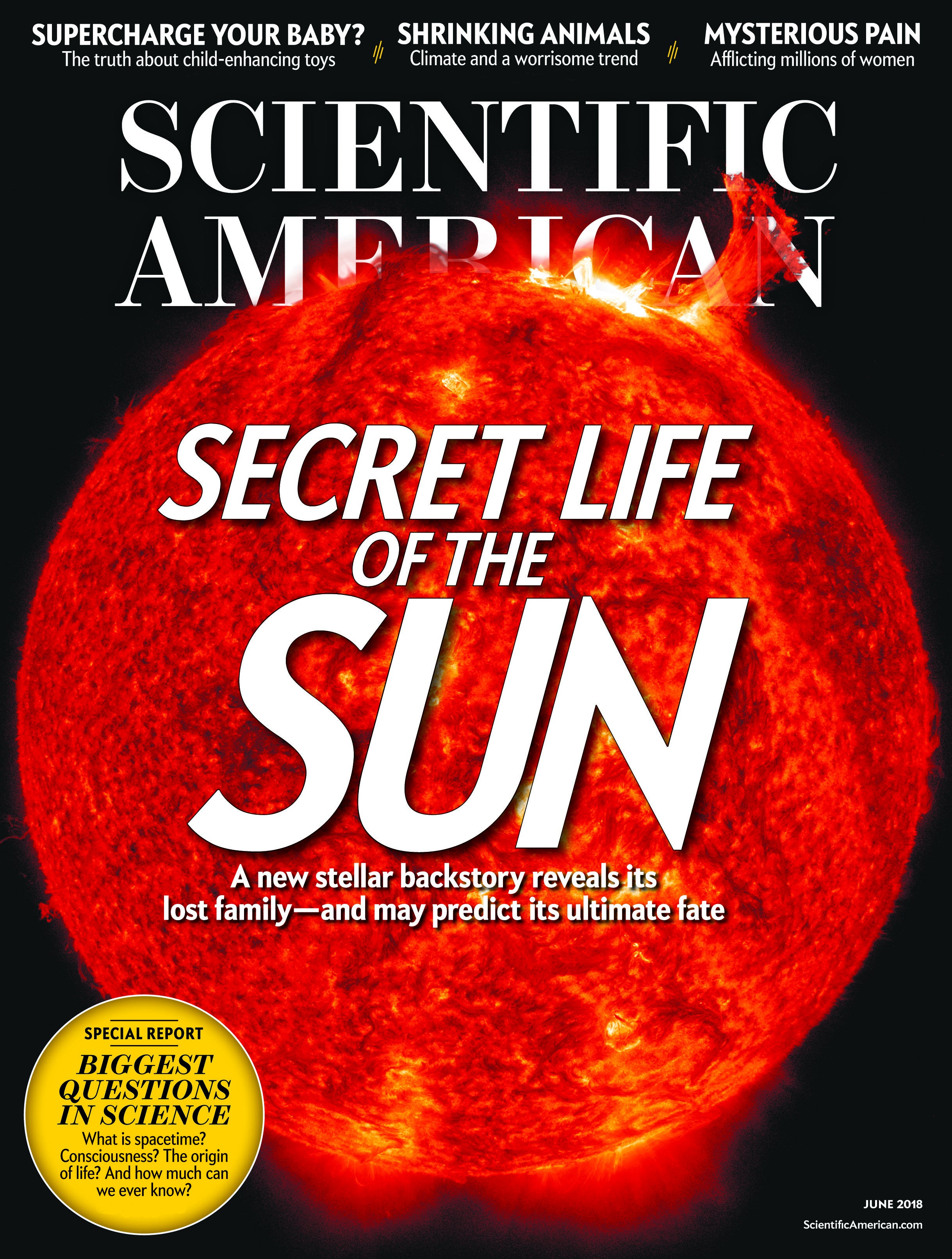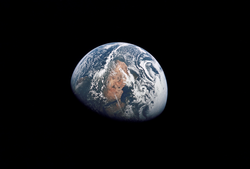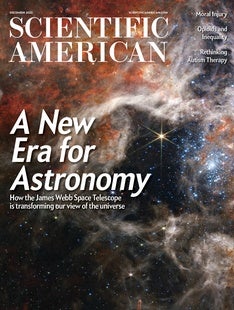 |
| January 26, 2023 |
Dear Reader, This week, we're not panicking. Our top story is about solar flares—enormous outbursts regularly emitted by our sun as part of its approximately 11-year activity cycle that can occasionally cause problems for us here on Earth. More specifically, our story is about why you shouldn't worry too much about even very strong flares, several of which erupted earlier this month. Although such events are surprisingly routine, they can indeed disrupt and damage power grids and the occasional electronic device. But protective measures can typically mitigate the worst effects. So breathe easy—a space-weather apocalypse probably isn't coming anytime very soon. Elsewhere this week, we have stories on the curiously changing rotation of Earth's inner core, new insights into the spinning innards of stars, the trouble with lunar timekeeping, and more. Enjoy! |
| | Lee Billings, Senior Editor, Space & Physics
| |
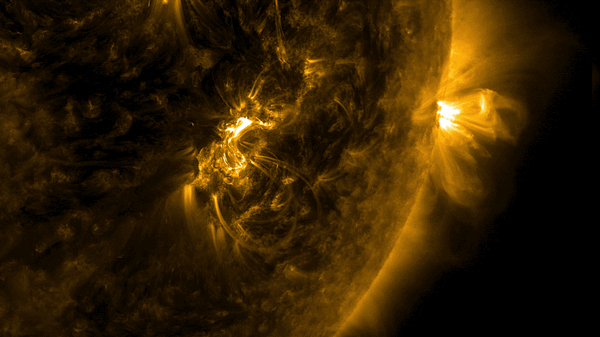 |
| Astrophysics Should You Really Worry about Solar Flares? The sun is unleashing powerful outbursts that could strike Earth, but these events are far more common—and much less worrisome—than some hyped headlines suggest By Ed Browne | |
| |
| |
| |
| Space Exploration What Time Is It on the Moon? Satellite navigation systems for lunar settlements will require local atomic clocks. Scientists are working out what time they will keep | | By Elizabeth Gibney,Nature magazine | | | |
| |
| |
FROM THE STORE
 | | | |
| |
FROM THE ARCHIVE
 | | | |
LATEST ISSUES
 |
| |
| Questions? Comments?  | |
| Download the Scientific American App |
| |
| |




